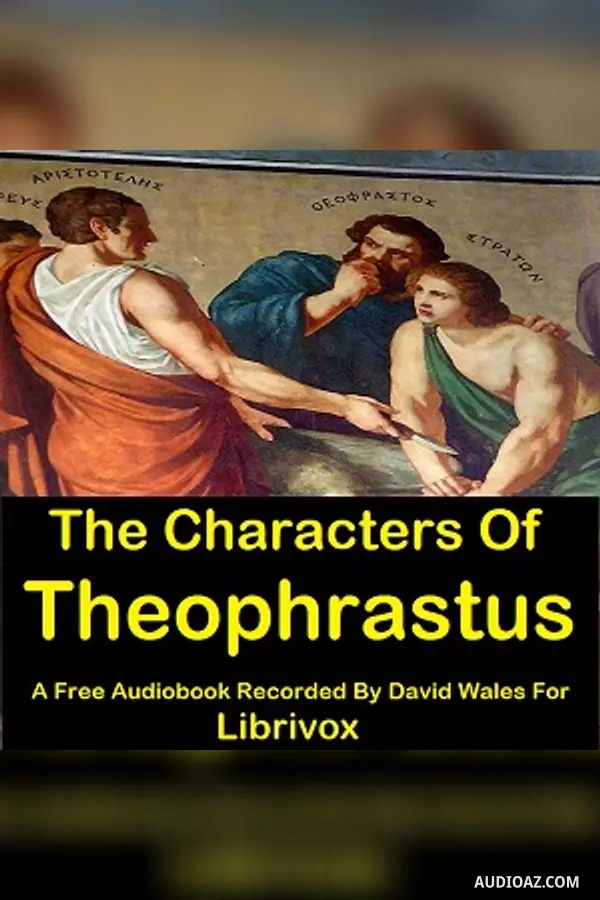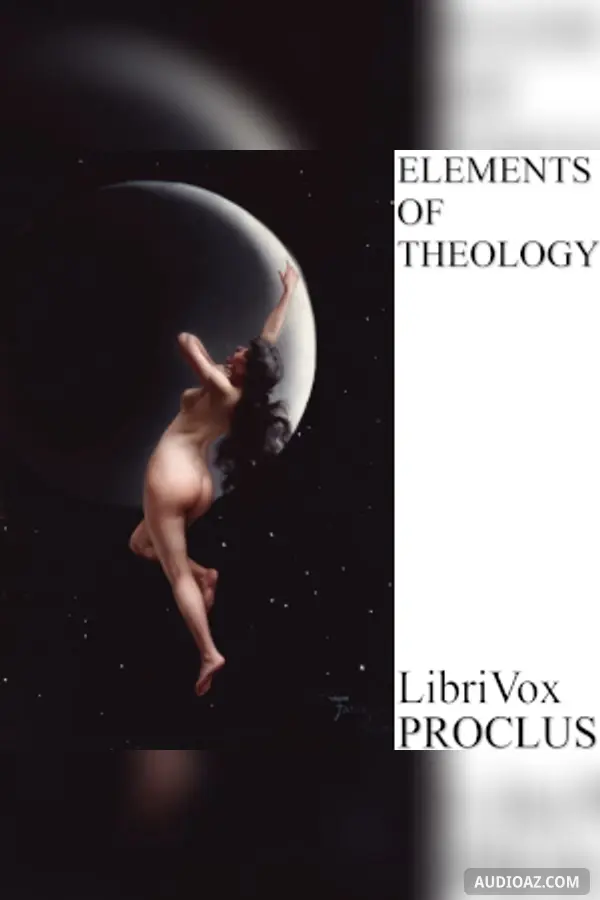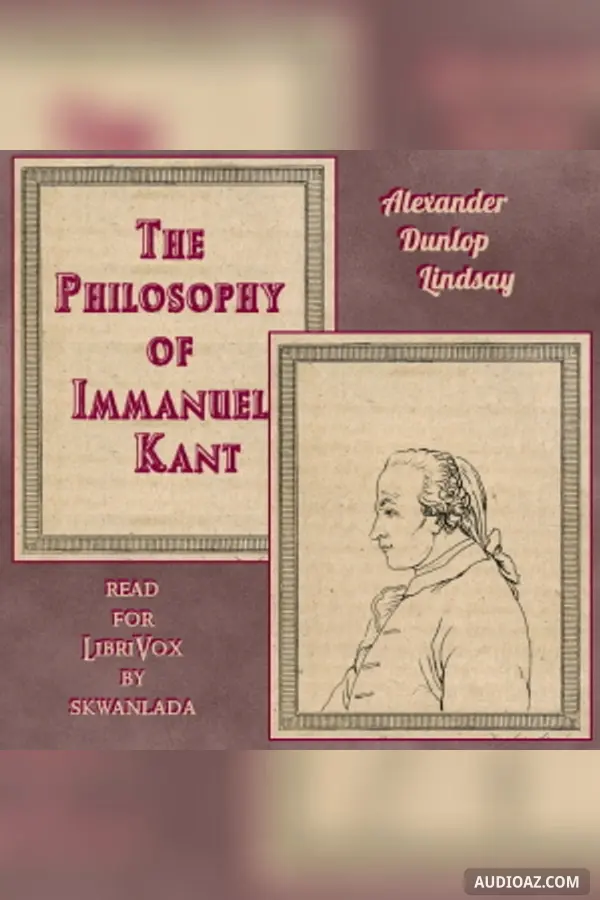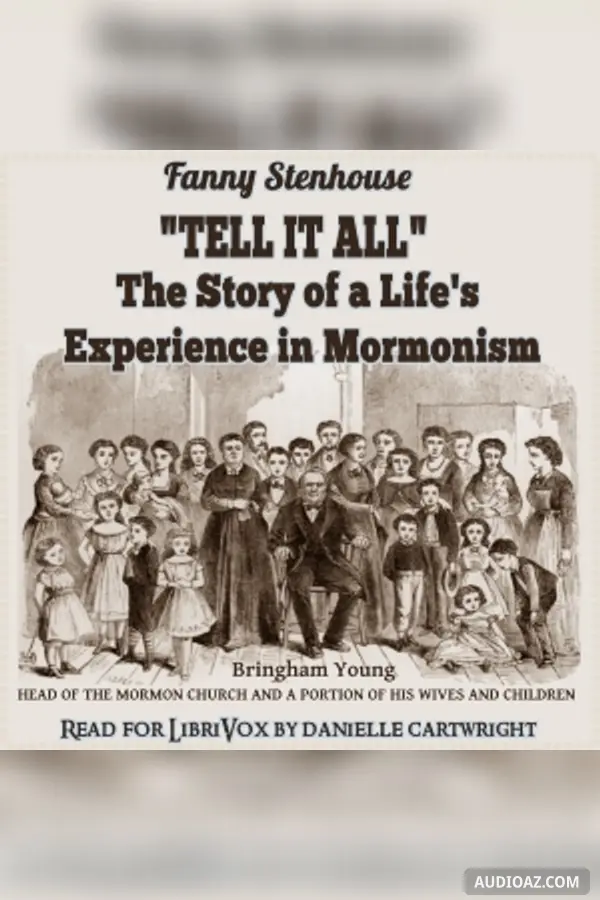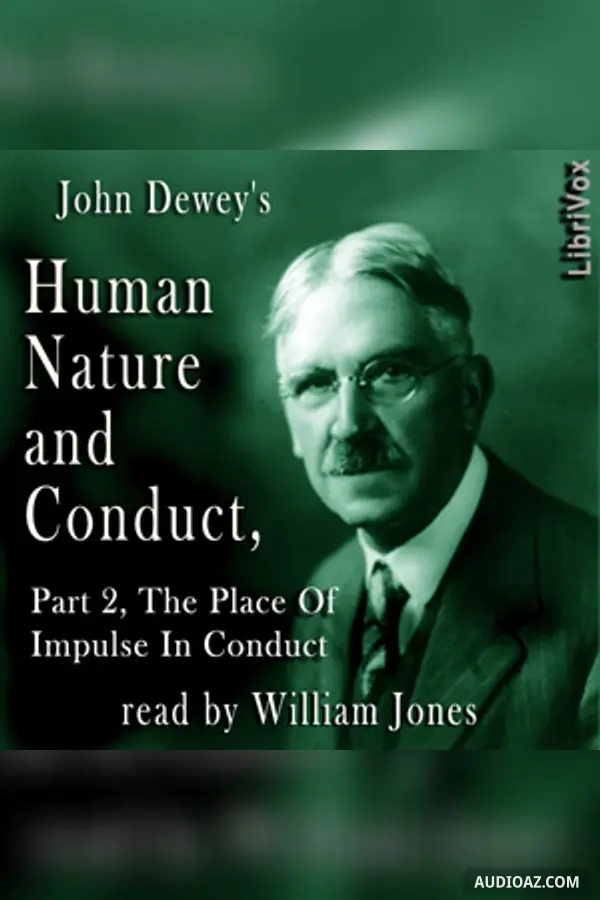
《Human Nature and Conduct - Part 2, The Place of Impulse In Conduct》 - 免费有声读物
作者:John Dewey
语言:English
1 / 71. IMPULSES AND CHANGES OF HABITS: Present interest in instincts; impulses as re-organizing.
- 1. 1. IMPULSES AND CHANGES OF HABITS: Present interest in instincts; impulses as re-organizing.
- 2. 2. PLASTICITY OF IMPULSE: Impulse and education; uprush of impulse; fixed codes
- 3. 3. CHANGING HUMAN NATURE: Habits the inert factor; modification of impulses; war a social function; economic regimes as social products; nature of motives.
- 4. 4. IMPULSE AND CONFLICT OF HABITS: Possibility of social betterment; conservatism.
- 5. 5. CLASSIFICATION OF INSTINCTS: False simplifications; "self-love"; will to power; acquisitive and creative.
- 6. 6. NO SEPARATE INSTINCTS: Uniqueness of acts; possibilities of operation; necessity of play and art; rebelliousness.
- 7. 7. IMPULSE AND THOUGHT
关于
Part 2 describes Dewey's concept of IMPULSES. They encompass the interaction of one's self with the environment. When the environment encounters problems with one's HABITS, Impulses are the motivating, innate forces which prompt one to modify habits and/or modify the environment. "Nature vs Nurture" explanations of someone's personality are deceptive and fallacious. This stems from the human inclination to CLASSIFY things - practically everything!
Innate behaviors are a collection of habits which one's culture has solidified as Customs. Most education is not learning but rather training of one's habits to harmonize with local customs. Human nature is plastic, malleable. Customs are, almost by definition, rigid. And, because one's environment is always changing, customs and its supporting habits are continually being tested. Nations disintegrate when their customs grow inflexible.
A MORAL ACT is one whose effects are fine tune and reorganize habits. Thought arises then when habits are hindered and only impulses are active.
The basic motor of human nature and conduct is HABIT, not reason or innate instinctive drives. In Dewey's theories of education, he asserts that education should be leading youth away from society's dysfunctional habits. He decries the fact that our economic theories concentrate on OWNERSHIP of things rather than the ways we USE things.
- Summary by William Jones, Soloist
评论
成为第一个评论的人
此内容还没有任何评论。开始对话吧!
查看更多
标签: Human Nature and Conduct - Part 2, The Place of Impulse In Conduct audio, Human Nature and Conduct - Part 2, The Place of Impulse In Conduct - John Dewey audio, 非小说类 audio, 心理学 audio, free audiobook, free audio book, audioaz


